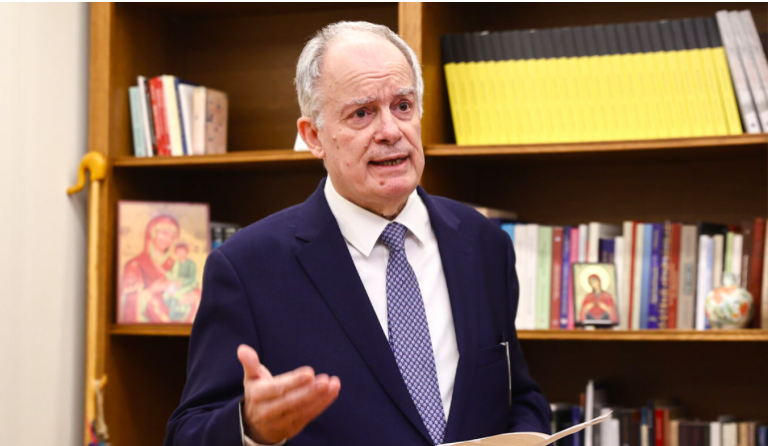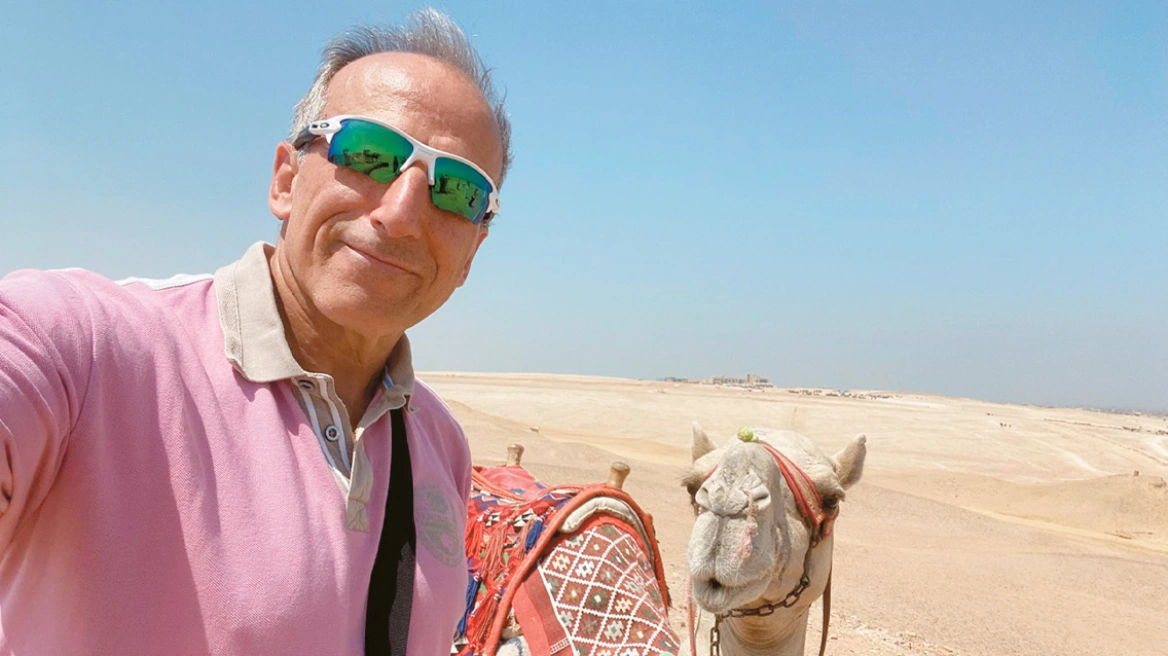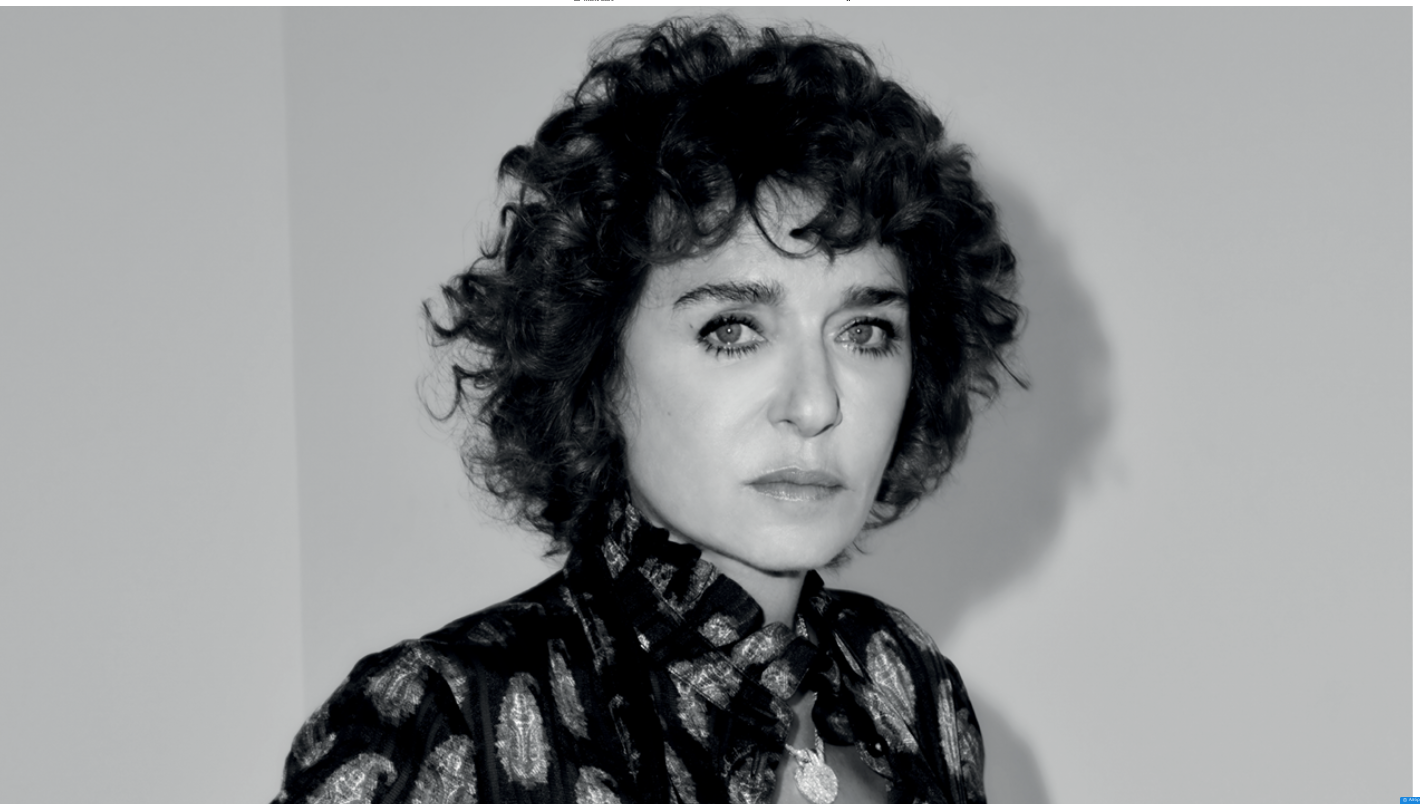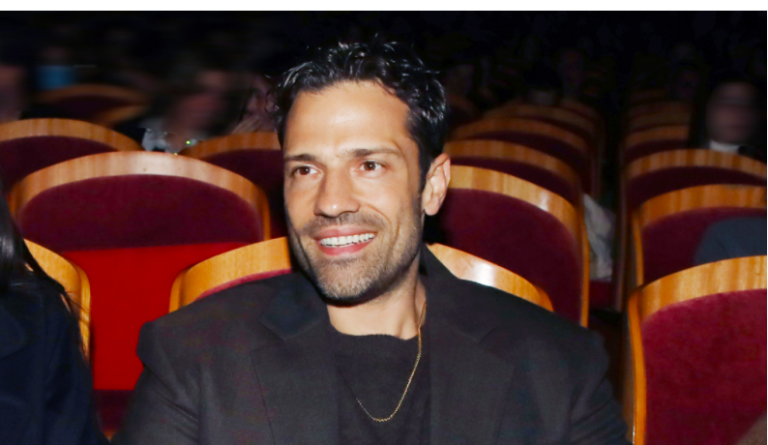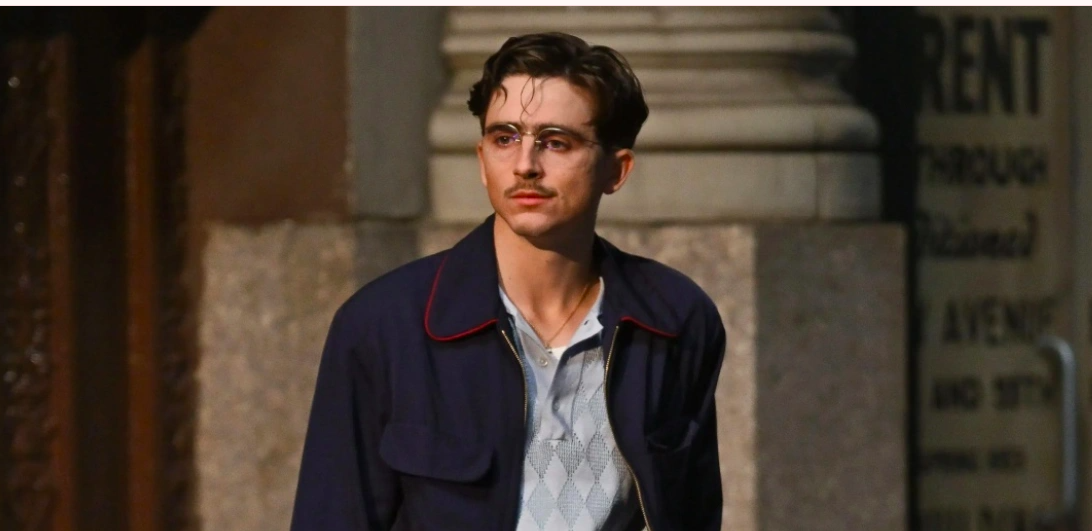Konstantinos Tasoulas is the 9th President of the Hellenic Republic, and he will be officially confirmed when he is sworn in on March 13, after being voted in today by a majority of the House of Representatives.
On Thursday, when he will be sworn in as President of the Republic of Cyprus on Thursday, after the vote of the House of Representatives by the Parliament, on 13 December 2009.
Who is Konstantinos Tasoulas
Elected MP of Ioannina for 25 consecutive years, Konstantinos Tasoulas has demonstrated his political skills to a national audience and gained well-deserved public prestige during his tenure as Speaker of the Parliament. He chose to remain down to earth without treating the parliamentary body with disdain even though the president’s seat is higher than any other in the chamber. At the same time, he has on more than a few occasions employed his source of humor to enforce order in the House.
What was needed was proficiency in flexibility, adaptability, and responsible assessment of what constituted an angry challenge and what constituted political confrontation. Tasoulas possessed these skills. His daily concern was to maintain in a positive spirit the balance in Parliament. Aware that ‘in this country, it is nice to say and not to do’, he used soothing lines that prevented paroxysmal negativity in the Temple of Democracy.
In his sometimes also deictic style of “bring a cane to Mrs. Konstantopoulou”, while she was protesting and shouting in the hall and he wasn’t listening. With his excellent use of Greek, he corrected Alexis Tsipras’ verbal slips and with his abundant historical knowledge, he decisively refuted the arbitrary references to orators of antiquity that Kyriakos Velopoulos attempted to make.
Calmly, he was addressing the furiously protesting opposition MPs when belligerent Paul Polakis refused to come down from the podium, telling them “at most, you can get wet, you won’t make the House hell.” He also did not fail to be mocking when circumstances demanded it and with the government.
When Syriza tabled a motion of no confidence against the government in early 2023 and then-State Minister George Gerapetritis responded with a text by Lysias, Tassoulas, addressing the House, said mockingly, “We will have a translation, don’t worry.” In fact, with his politeness, admonitions, skillful diversions, and innocent banter he was performing his role in the third highest state office of the Republic flawlessly.
Coordinated fire
In the performance of his duty, he came under concerted fire from diabolical populists for allegedly behaving with emotional apathy like a phlegmatic British Lord. How were they to know that he had worked as a young lawyer in London, a British Council fellow at King’s College?
He was demonized by anti-systemicists of all sorts for referring to Winston Churchill, Panagiotis Kanellopoulos, Dimitris Tsatsos, and Constantine Karamanlis. Who knows what else they would have “given him” if they knew that he had visited the US at the age of 38, as a guest of Bill Clinton’s administration, as part of the New European Politicians Program? Moreover, a mob of the uneducated, not only literary, scorned him for having memorized the contemplative meanings and symbolism of Cavafy, adopted the patriotic vigor of Palamas, and shared the inner melancholy of Karyotakis.
He was also dismissed politically with the contemptuous disparagement of “cultured” because of his aesthetic approach and his love of literary creations in verse. What if as Minister of Culture in 2014 he was seriously involved in the Parthenon Sculptures case?
He then instructed the leading law firm Robertson & Palmer to explore possible legal solutions, having on their team the respected lawyer Amal Alamuddin, George Clooney’s wife, whom he took on a tour of the Acropolis Museum.
What if it was also thanks to his solid legal training and in-depth work that he recommended to the Prime Minister the necessary revisions to the Constitution necessary for the modern architecture of the Constitution? All of this was overlooked by his blindfolded honourees.
Among his critics and some of his supposed peers. And of course, his caustic accusers include those who, like fearfully monomaniacal medieval monks from Umberto Eco’s “Name of the Rose”, cannot tolerate the sophisticated nuances of his high-quality humour.
Autosarcasm
It was likened to arrogant verbal irony, although in any utterance on his part it was inseparable from his self-sarcasm. On his election to the position of secretary of the New Democrats’ parliamentary group in the distant February 2010, he garnered 82 votes, while there were five blank and two invalid votes.
His suggestively corrosive comment after the count was: “As the microbiologist Congressman Tsiaras has told me, every healthy organism has its whites!” Under this deliberate choice of personal tone and manner of response, he is not fazed by the uninspired malapropisms.
Nevertheless, he has confessed that his mentor Evangelos Averoff advised him to watch his sense of humor. Forty years later, he admits that he did not listen to him, and as a result, he found his enemy in Greece to be his “indulgent seriousness.”
He did not, however, abandon, with his intellectual expansiveness, for the sake of irreverently wisecracking modernism, his patriarchal principles and value traditions. He is carving his political path, far from fashions, trends, and trains. He walks according to his experiences and his appeal to the original concept of a political stance which is judged by actual actions.
Not by the fanciest image for the eyes of the world. He has, after all, responsibly and prudently preserved his personal and family profile. Discreet in the taverns of the northern suburbs, simple on his summer holidays that he has been taking since 2000 in Syros.
Since 2010 he has bought an apartment in Posidonia, also known as Delagratia, on a hill overlooking the Gulf of Phoenix. For him and his wife Fani Stathopoulou, it is a unique place to relax. They avoid summer artistic events and rarely attend performances at the Apollo Municipal Theatre in Ermoupolis. No talk of social life.
Similarly, their two children, the eldest son Anastasios, who has studied mathematics, and the youngest daughter Magda, who has studied media at Panteion University and is involved in theatre, follow the quiet and refined social behavior of their parents.
Without smartphones
Those who happen to know him intimately recount that he has not been seduced by hyper-synchronous technological applications and digitally sophisticated communication rules. He has no social media accounts on Facebook or X (formerly Twitter). Nor has he ever attempted to take a selfie.
Makes sense in a way, as he doesn’t own a smartphone. He uses a monumental old Nokia device. He does so, they say, not out of clumsiness in handling complex over-equipped smartphones nor out of old-fashioned clumsiness, but for the sake of detachment from the persistent interactive confusion and almost stubbornly compulsive digital representation of information.
He is described, moreover, as a man committed to books, as evidenced by the vast wooden and title-rich library in his Kifissia home. There where a museum-quality wired, landline telephone with a circular dial is installed alongside it. It is unknown to those he associates with whether he uses it by placing his finger on the retro rotary dial with numbers to make calls.
They speculate, however, that since the device is functional and connected to a supply it will be usable, which reportedly makes him aloof from modern times. It is judged that his choices resonate with his feeling that politics needs to return to its original roots. A perception that on several occasions registers him as almost level with conservative politicians.
He has never been classified among the purely liberal politicians, though a relentless enemy of the client system. But he always voted for the most progressive bills.
His own, genuine roots seem, in a way, to be represented by his pastoral staff, aka glue. Like that of the late Evangelos Averoff, which is kept in the Laographic Museum of Metsovo. Also known as the Tositsa Mansion, it was built from the beginning in 1952 by his maternal Epirus contractor grandfather Kostas Mantzos.
With such ancestral origins, it was not surprising that many of his neighbors saw him during the pandemic period taking afternoon walks in the area’s Alps, proudly holding its curved wooden handle. The walking accessory may have seemed quaint, but in his homeland, this shepherd’s crook had sentimental value.
Handed down from grandfather to grandson as a family heirloom. Therefore, perhaps fulfilling the customs and traditions of his forefathers, he keeps another glue stick in his office in Parliament.
The first steps
Born in Ioannina on 17 July 1959, he is the son of Anastasios Tasoulas and Vasiliki Mantzou. His father was a philologist and politician, while his mother was a housewife. He took his first steps next to the shelves of literary and philosophical books in his father’s library.
He grew up with the stories read to him and his older brother Christos from the pages of Christos Christovassilis’ Epirus tales, first printed in 1906. It was from these simple unpretentious tales that he came to know and bond with his homeland, Epirus. During his childhood, he moved from town to town in the territory, as his father was appointed prefect of Lassithi in 1963, and after a short-lived stint in Boeotia, he returned to Crete in 1965 as prefect of Heraklion.
At the age of 9, he settled permanently in the Student Residence for Epirotic students of the Foundation of Baron Michael Tositsas, in Kato Kifissia.
At the age of 9, he was born in Kitioski.
His father had already been appointed director of this model school and boarding school and the family moved to the house provided within the school. In his teenage years, he directed his impetuous energy to football. Wembley era, then, he played ball with his peers on the fields of the HAN Kifissia, where he spent his days scratching his feet on the Elpidoforos pitch.
Athletic and skilled, though slightly muscular, it seemed that his hyperactive football involvement was paving the way for a professional career in the sport. Probably an exaggeration, as he had always maintained an intrinsic intellectual prudence and, more importantly, had a philologist father. A strict pedagogically strict but not personally oppressive man, who also directed him towards reading.
In the early post-war years, he was socially active, an active participant in the paraism, but not an “angry youth”. In 1977 he entered the Nomiki Athens by examination.
He was in his third year of studies by 1980, when he took over as private secretary to Evangelos Averoff, who was then Minister of National Defence. The young man was proud to have received a free entry card to the Pentagon. It was in the moons that Andreas Papandreou’s Change marched unbridled towards nepotism. Almost inevitably, the 22-year-old’s first job was to edit a pamphlet entitled “Change Yes, PASOK No”. He did well.
The following year, the multilingual, prolific, and experienced politician Averoff would emerge as president of the New Democracy and leader of the opposition. Three years later, he would be named honorary president of the party.
Close to the Metsovite politician, Tasoulas would remain a devoted student, friend, and collaborator for 10 years. At his side, he studied his eventful career in depth, got to know his irrepressible creativity, learned from the inside how a major party works, and met the protagonists of its mechanisms.
He was taught the secrets of politics through the confidences told to him with confidence by Averoff, who imparted his values and deepest thoughts, confessed to him his vision and successes, and revealed to him his anxieties and frustrations. It was a valuable apprenticeship for the young man. As the daughter of the Epirot politician Tatiana Averoff wrote, ‘Kostas Tasoulas was for my father the much sought-after son he never had’.
As his political son, the now outgoing President of the Parliament gained from his intellectual heritage the desire for active participation in public life and selfless presence in the wider public life for the benefit of society. After the death of his mentor in 1990, Tasoulas became president of the Export Promotion Organisation and was elected as a councilor in the Municipality of Kifissia, participating in the combination of doctor Vassilis Gatsopoulos. At the same time, he practiced law from his office in Asclepius Street.
“I know the job”
In the 1994 local election, she would be elected mayor of Kifissia with 62.2% in the second round. To those who wondered at the time why, as a municipal archon, he never hired a private secretary, he disarmingly replied, “I know the job of a secretary so well that I can be my secretary.” In the next tone, he would now follow the course of the political river he had grooved. At the dawn of the new century, he was elected in 2000 as a deputy of Ioannina. And since then he has been continuously elected.
All the rest is history for this cinephile, initiated in the art of reading and admirer of the visual arts. It remains for him to enter the starting point to traverse the avenue of the head of state with due patience. Besides, when as Minister of Culture had accompanied the then President of the government Antonis Samaras in Amphipolis and the Tumulus Kasta, had characterized the excavation “exercise of patience”.
To those who were anxious to learn news about the funerary monument, he told them “Here we waited 2.314 years, we can not do patience two to three weeks even?”. In this pattern of restraint and patience that he had shown, there was no room for impatience until, as expected, he took over his presidential duties in the neoclassical building at 19 Herodou Atticus Street. The time is rapidly counting down.
The clock is ticking fast.
The deadline for his election by the Plenum of the Parliament is February 28. Perhaps then, fully aware of his role, he will quote from memory Cavafy’s verse verbatim: “But is there anything human without imperfection?
Ask me anything
Explore related questions
